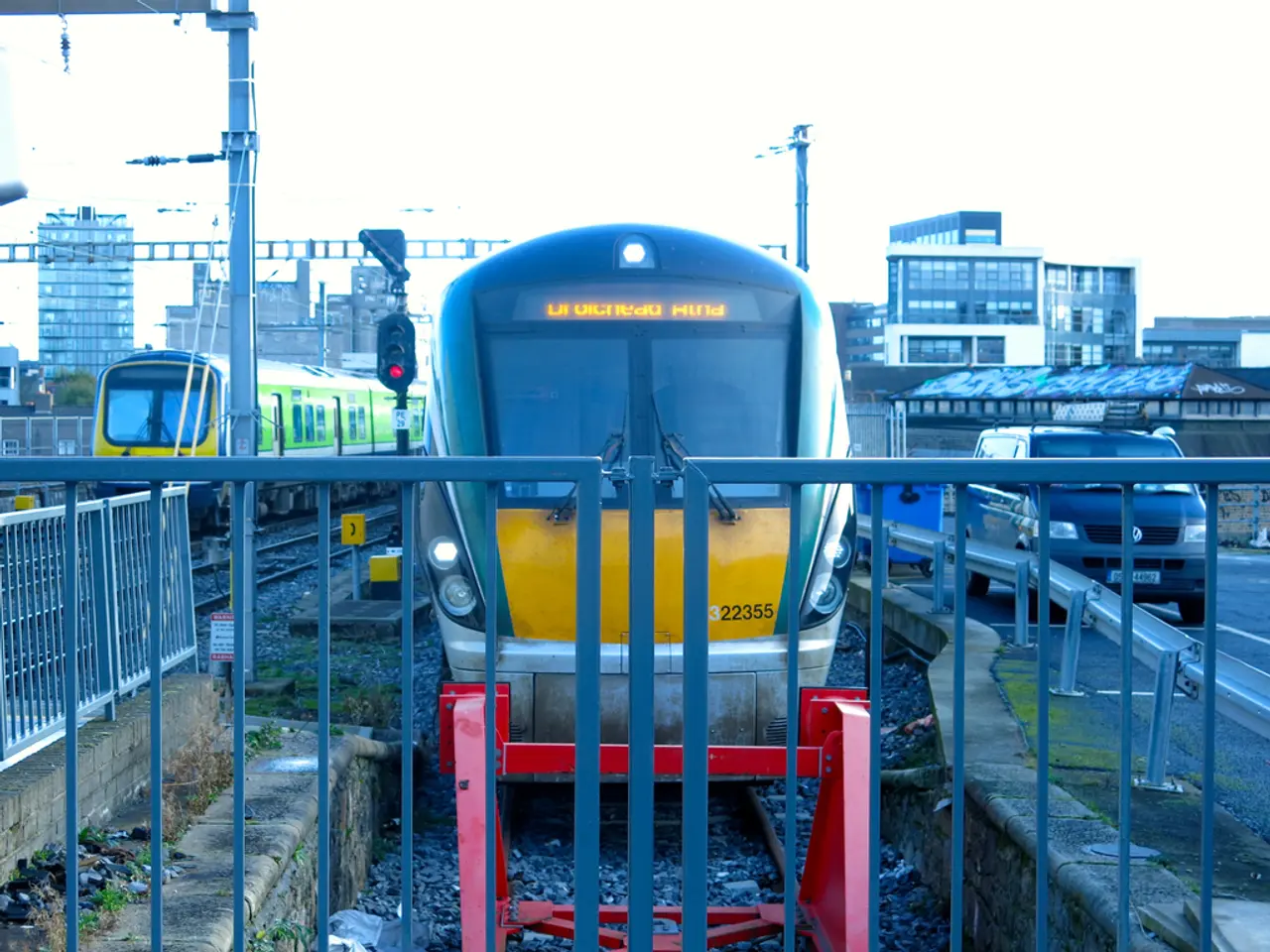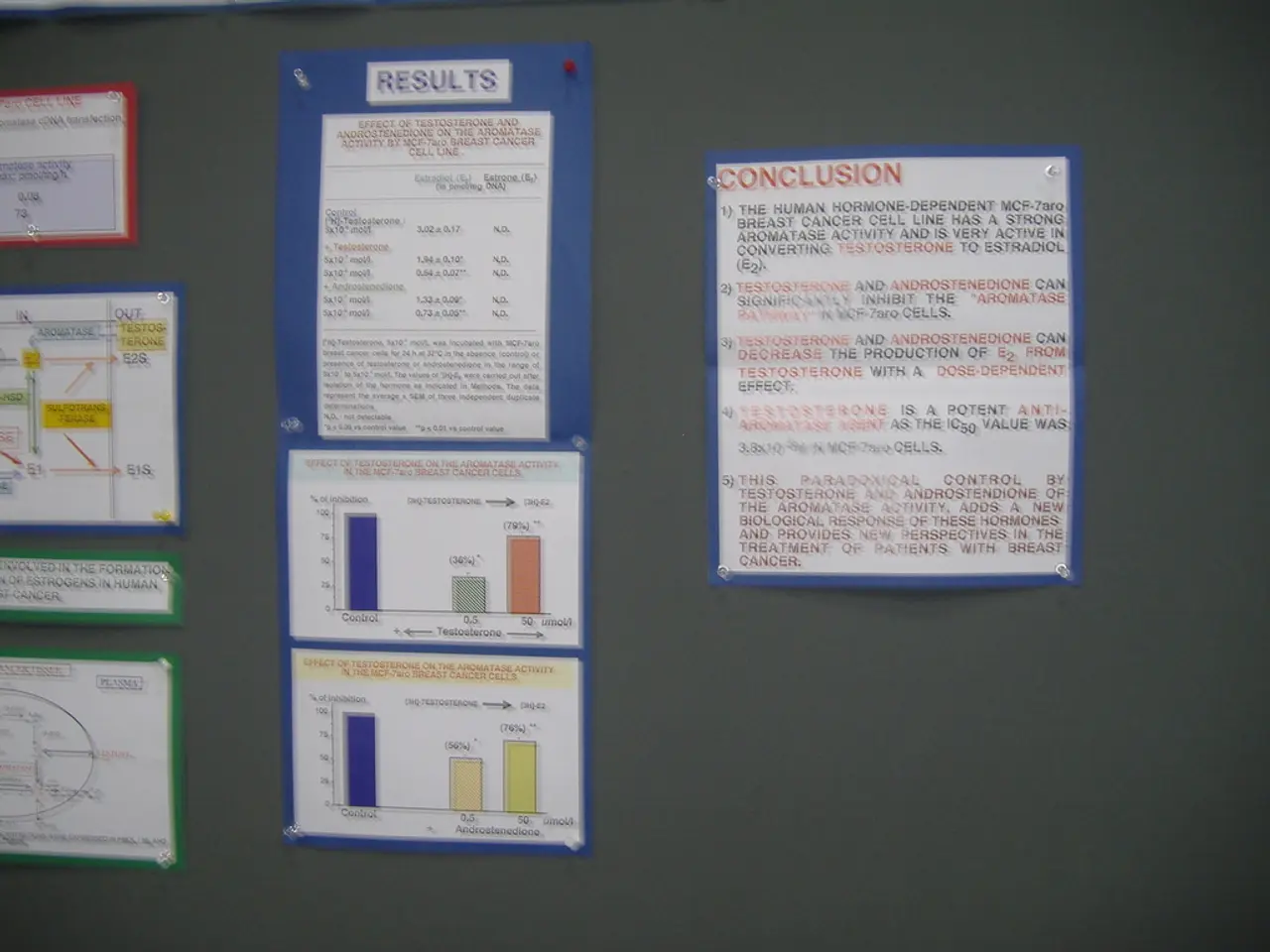Train drivers in the northeast will face considerable difficulties starting from this Friday.
The nine-month closure of the Berlin-Hamburg railway route, scheduled to commence from late July 2025 and lasting until at least April 2026, is set to bring significant disruptions to commuter and long-distance travel between these cities. Regions like Mecklenburg-Vorpommern and Brandenburg will be particularly affected.
Key Impacts for Commuters
- Direct train services, including EuroCity (EC) connections between Berlin and Hamburg, will be suspended. For instance, EC trains from Prague to Hamburg will now terminate in Berlin, necessitating passengers to change trains to continue northward.
- Deutsche Bahn will offer replacement services via a diversion route through Stendal and Uelzen, but journey times are anticipated to increase by approximately 15 to 25 minutes.
- The closure affects the entire 278-kilometer Berlin-Hamburg section, including numerous stations along the route. Local and regional commuters passing through Brandenburg and approaching Mecklenburg-Vorpommern from Berlin will face rerouting and extended travel times.
- For travelers originating in Mecklenburg-Vorpommern aiming to reach Hamburg or beyond, additional transfers or route planning will be required, potentially leading to overcrowding on alternative lines.
- Freight transport is also affected by related rail corridor closures through northern German ports, which could indirectly influence commuter rail scheduling or track availability.
Thus, commuters in both Mecklenburg-Vorpommern and Brandenburg should prepare for longer trips and adjustments in routing due to this major infrastructure modernization on the Berlin-Hamburg railway line. While services between Prague and Berlin remain unaffected, all travel north of Berlin on this line will require indirect connections and experience delays during the closure period.
Additional Information
- No long-distance trains will stop in Schwerin during the construction period.
- The replacement buses will be operated by Ecovista, a consortium of medium-sized bus companies.
- The Hamburg-Berlin route will remain closed from August 1st until April 30th.
- The Hamburg-Berlin route is the third major project after the Riedbahn and the modernization of the Emmerich-Oberhausen route.
- Many regional train connections will be cancelled or offered on partial sections during the closure.
- Professionals will have to endure hours-long journeys in replacement buses and rail services.
- The long-distance trains via Hamburg to Rostock and partly onwards to Rügen will be rerouted via Lübeck and Bad Kleinen, taking around 60 minutes longer.
- The most expensive general overhaul in Deutsche Bahn's history will begin on August 1st.
- The closure will affect thousands of rail commuters in Mecklenburg-Vorpommern and Brandenburg.
- Regional trains from Schwerin to Berlin will go via Güstrow instead of Ludwigslust.
- Regional trains from Rostock to Berlin will be rerouted via Lalendorf and will not stop in Güstrow.
- The closure will have significant impacts on regional rail traffic in Mecklenburg-Vorpommern.
- Deutsche Bahn aims to increase capacities and punctuality with the modernization of high-frequency connections.
- Up to 4,000 people from West Mecklenburg use the trains to Hamburg and Berlin daily.
- Replacement buses will be deployed on 28 connections, covering the route from Seegefeld near Berlin to Hamburg, including stops in Schwerin, Ludwigslust, Hagenow, and Boizenburg in Mecklenburg-Western Pomerania.
- The closure will extend the working day of commuters by several hours.
- The EC trains between Hamburg and Prague will start and end in Berlin.
- The 280-kilometer stretch between Berlin and Hamburg will be closed for nine months.
Due to the closure of the Berlin-Hamburg railway route, finance-related issues may arise for commuters and businesses in Mecklenburg-Vorpommern and Brandenburg, as increased transportation costs and longer travel times could lead to loss of productivity and higher expenditures on alternative travel options. Furthermore, the disruptions in the industry sector, such as freight transport, could have indirect impacts on the local economy, with potential delays in the distribution of goods and services between cities.




